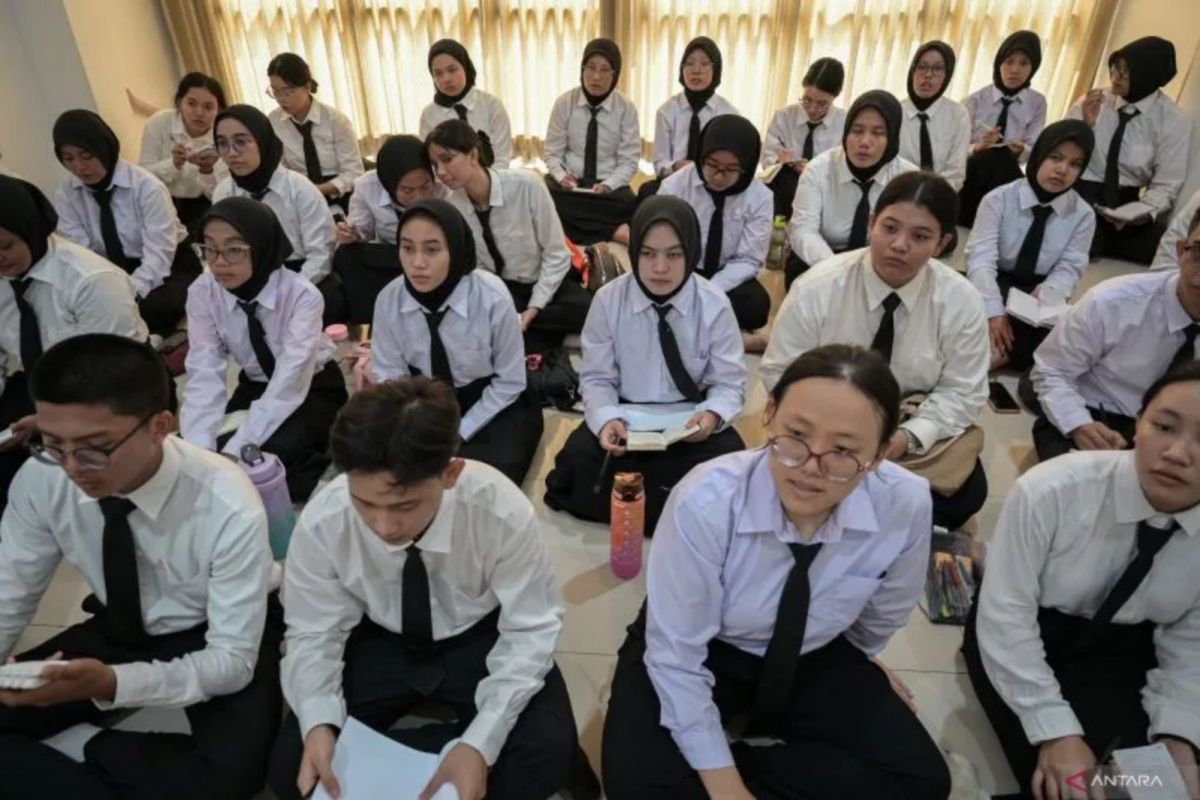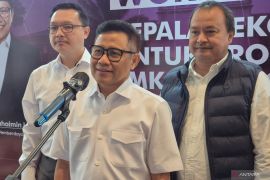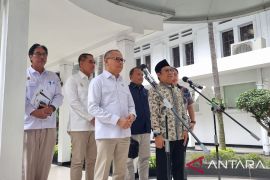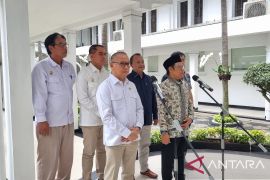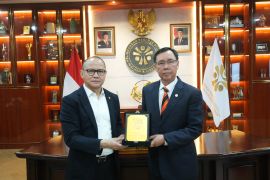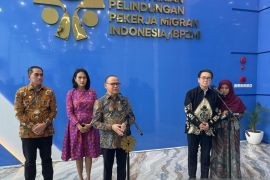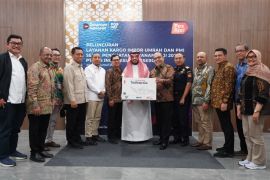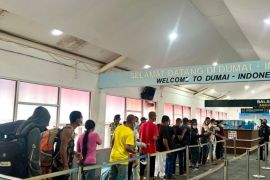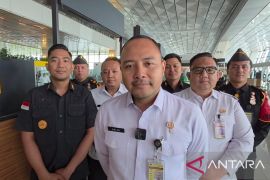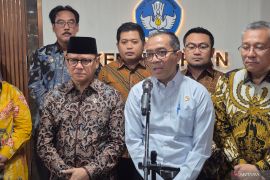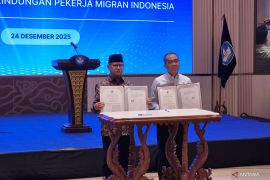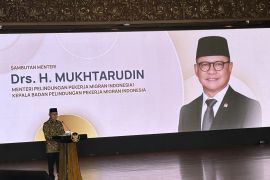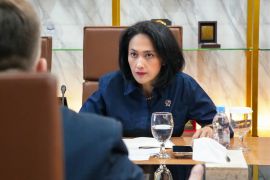BP3MI Yogyakarta head Tonny Chriswanto said those departing without clear contracts or proper skills often face exploitation.
“If they go through official channels, the government knows what protections must be provided, and it is easier for us to trace the employers,” he said.
He noted that cases frequently occur when workers already abroad invite friends to join them, often without training, leaving them vulnerable and stranded.
Related news: RI Govt opens UPI migrant center to boost global job skills
The agency is also implementing training programs as part of President Prabowo Subianto’s directive following the transformation of BP2MI into the Ministry of Migrant Worker Protection (KP2MI). The goal is to reduce non-formal placements, especially domestic workers, and increase skilled labor deployment.
Since KP2MI lacks its own facilities, BP3MI Yogyakarta works with provincial training centers. Participants stay in dormitories with free meals and daily allowances.
The first training batch in Yogyakarta covered spa therapy, caregiving, housekeeping, and language classes in Japanese, Korean, and Mandarin. Selection was conducted at the BP3MI office after registration via social media.
Tonny said the boarding system ensures participants commit fully to the program. He added that Japan offers strong opportunities, but language skills remain key. The minimum standard is N4, an intermediate level that opens wider access to jobs.
Yogyakarta Manpower and Transmigration Office head Ariyanto Wibowo said the local government and BP3MI are committed to guiding workers through legal channels.
“With training and official placement, migrant workers from Yogyakarta will not only find jobs but also receive proper protection,” he said.
Related news: Ministries launch agroforestry training to boost workforce
Translator: Primayanti
Editor: Rahmad Nasution
Copyright © ANTARA 2025
